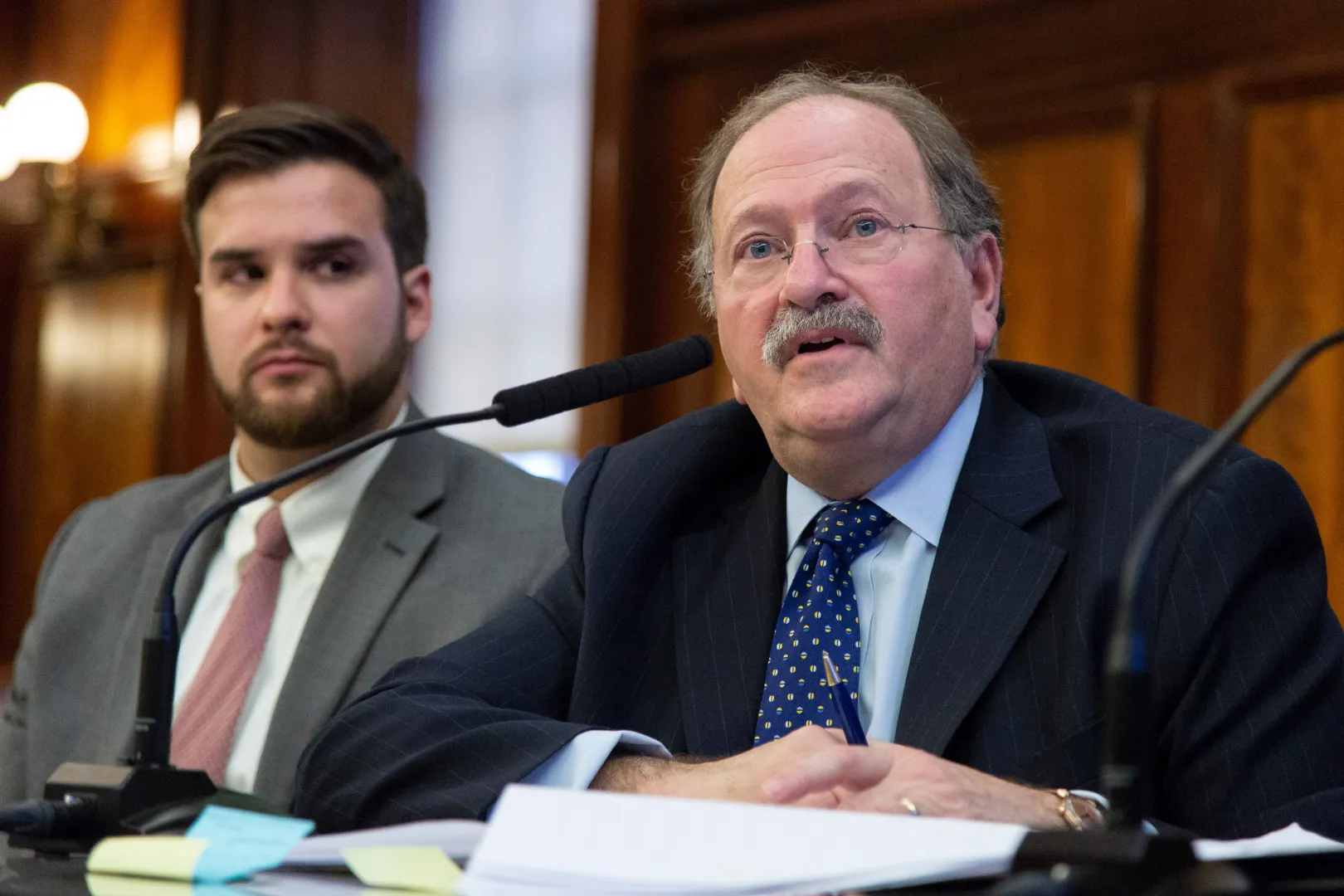NYCHA says repairs delayed by rent collection shortfall
Plethora of court-ordered fixes to living conditions delayed by revenue deficit

This article was originally published on Nov 29 9:47pm EST by THE CITY
The New York City Housing Authority has notified federal officials that a pandemic-triggered shortfall in rent collection is threatening its ability to meet a schedule of apartment fixes mandated by a 2019 court-approved agreement, THE CITY has learned.
On Tuesday, NYCHA officials told THE CITY that as of last month, more than 71,000 public housing households were in arrears to the tune of $443 million, way up from the $100 million in arrears that existed when the pandemic struck in March 2020.

Brooklyn Boro
View MoreNew York City’s most populous borough, Brooklyn, is home to nearly 2.6 million residents. If Brooklyn were an independent city it would be the fourth largest city in the United States. While Brooklyn has become the epitome of ‘cool and hip’ in recent years, for those that were born here, raised families here and improved communities over the years, Brooklyn has never been ‘uncool’.